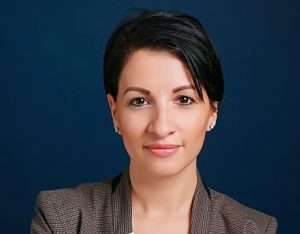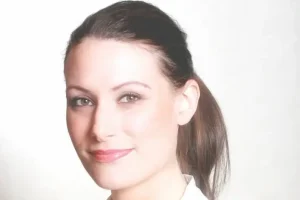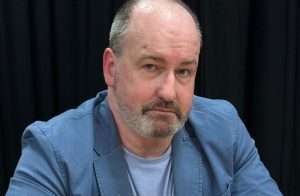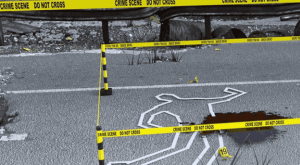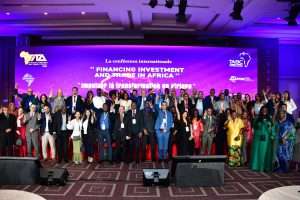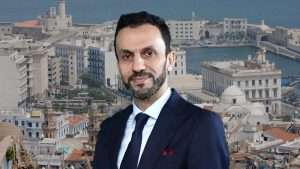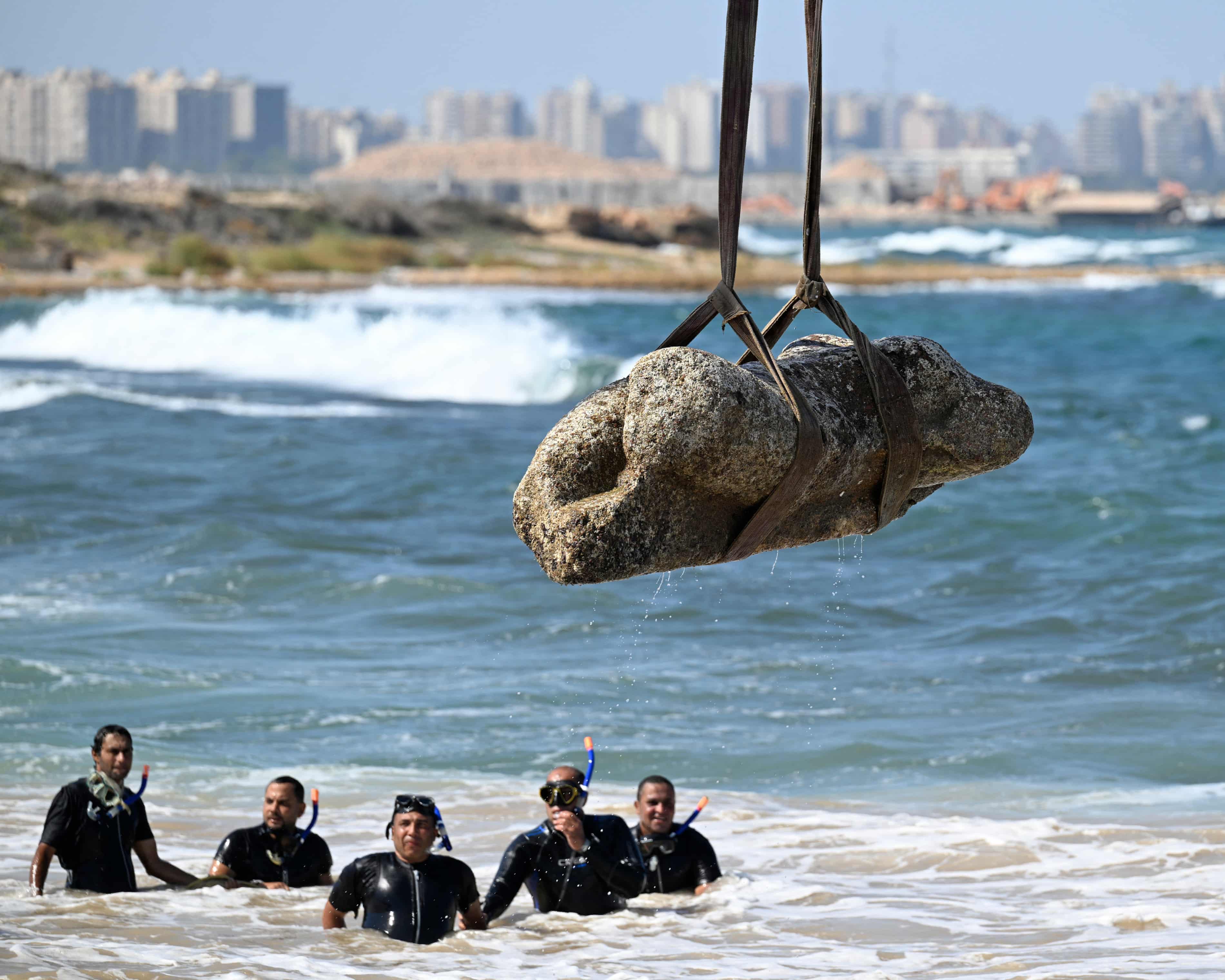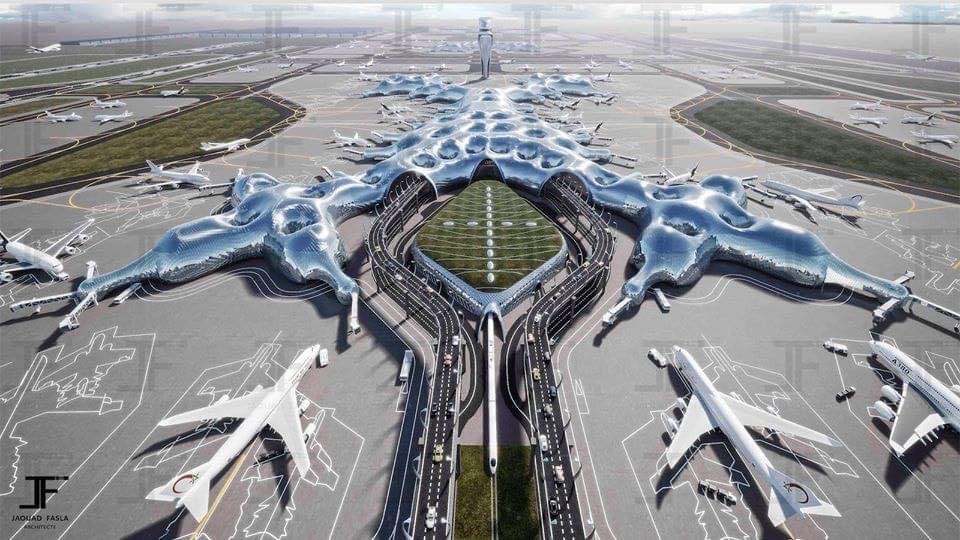Morocco’s Arab Springs Perspective with Rachid Achachi
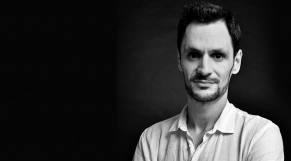
Morocco did not wait for the publication of this or that book or the development of this or that ideological discourse to understand that the horizon of each civilization is in no way war, but on the contrary peace.
In 1996, the publication of Samuel Huntington’s “Clash of Civilizations” had gone almost unnoticed, overshadowed at the time by triumphant globalization and uncontested American hegemony. It took the attacks of September 11, 2001 for the book to become a bestseller and the main reference for American neo-conservatives.
A few years later, in 2007, Emmanuel Todd and Youssef Courbage published a socio-demographic essay entitled “Le rendezvous des civilisations”.
Falling like a hair in the soup, this essay came to contradict the hypothesis according to which the void left by the ideologies of the 20th century was going to be replaced by a violent and warmongering return of the religious and identity dimensions.
On the contrary, the two demographers tell us. The reality is that the Muslim world, a pet peeve at the time of Western identities and neo-conservatives, was in the process of completing its demographic transition, with the corollary of an imminent and irremediable initiation of a process of democratization and openness political systems. Demographic modernity is, for the two authors, the prelude to political modernity.
Five years later, the Arab Springs have in a way confirmed this hypothesis, except that the final result (destabilization of countries, civil war, etc.) was not the one announced in the essay. But that is a whole other story.
What about Morocco in all this?
Unlike other Arab countries in the region, Morocco has managed to emerge unscathed from all these geopolitical upheavals, not without initiating a certain number of reforms but in order, harmony and consultation, where in other countries, this resulted in widespread chaos.
Because our country did not wait for the publication of this or that work or the development of this or that ideological discourse to understand that the horizon of each civilization is in no way war, but on the contrary peace.
Being the custodian of more than a thousand years of history, Morocco has always maintained a subtle balance between its different cultural and identity components.
Thus, far from the logic of balance of power, domination or cultural hierarchy, the balance I am talking about is above all based on an ever-living and renewed synergy. A unique identity, but with plural tributaries. A rooted identity but always in dialogue with its time.
In his message addressed to the participants of the 9th World Forum of the Alliance of Civilizations, His Majesty the King recalled the organic and still living dimension of our identity in these terms: “Morocco is structured around a model of openness , harmony and synergy which has seen the Arab-Islamic, Amazigh and Saharo-Hassanian components converge, and which, simultaneously, has been enriched by the African, Andalusian, Hebrew and Mediterranean tributaries.
A civilizational legacy that does not (or no longer) has the capacity to renew itself ends up entering museums, these mortuaries of history.
In this regard, Gilbert Durand, the great thinker of the imaginary, said that visiting museums had a therapeutic virtue in the face of the anguish of death, since by contemplating the millenary vestiges of disappeared cultures, we come to relativize our individual finitude.
A civilization or a culture is alive or it is not! And it is alive insofar as it remains open and able to dialogue with others.
It is in this perspective that the 9th World Forum of the United Nations Alliance of Civilizations was held on November 22 and 23 in Morocco, more precisely in Fez, the spiritual capital of the Kingdom, but whose spiritual influence goes beyond our borders.
There was also a question of empowerment and promotion of young people, who undeniably have a central and determining role to play, with a view to preserving this capacity which allows us, while remaining true to ourselves, to dialogue and accept the singularities and specificities of the other.
The other, seen as a cultural and civilizational partner, and not as an enemy.
To this end, the Euromed University of Fez (UEMF) hosted the youth event of this Forum. A direct and empowering way of involving them directly in this dynamic of exchange, dialogue and “raising awareness” of minds as to the unifying dimension of culture and civilization.
Similarly, on the intellectual side, it was decided, following the initiative of Mustapha Bousmina, president of the UEMF, to create an “Alliances of civilizations” chair, to register this dynamic in the long term and in the deep reflection . An initiative that we would like to see multiplied in other cities and universities in the Kingdom.
Because the debates around cultural and civilizational questions must in no way be locked into an event-driven and festive logic.
The event is not an end in itself, but an opportunity to go beyond.
The author is a columnist at Le 360 and this article is a translation of a piece published in French on its website.
Want to chase the pulse of North Africa?
Subscribe to receive our FREE weekly PDF magazine




